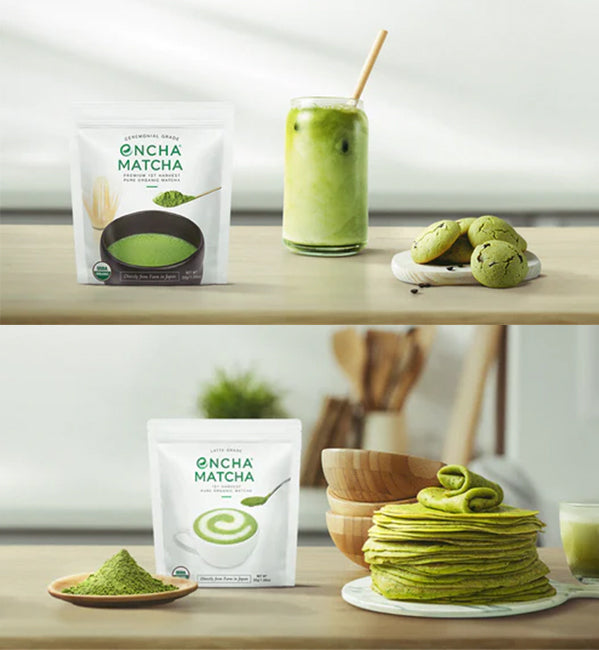Are Matcha Lattes Good For You?
Many people use matcha as an alternative to other drinks like coffee and energy drinks because it is much healthier. Matcha is sugar-free and all-natural, so you can avoid harming your gut with processed chemicals. Regular matcha drinkers also have a lower risk of developing medical issues like diabetes, cancer, liver disease, and heart disease. Now, looking at the ingredients, matcha latte's are one of the best ways to start your morning, however, the reason why many people question if matcha latte's are good for you or not, is due to the syrup which can be added for sweetness, and the fact that some matcha brands add sweeteners to their matcha powder.
Matcha green tea is full of antioxidants, and studies have shown that it can even improve cognitive function. Drinking a matcha latte in the morning can improve your concentration, memory, and attention span, thereby heightening your performance at work.
It’s important to note that matcha does contain similar level of caffeine as coffee. Although there’s nothing wrong with drinking caffeine in moderation, it’s a good idea to be aware of your consumption levels. However, the caffeine in matcha introduces itself to your body in a different way. It is released more slowly into your system, allowing you to stay alert for longer and avoiding the inevitable caffeine crash that comes with a strong coffee.



